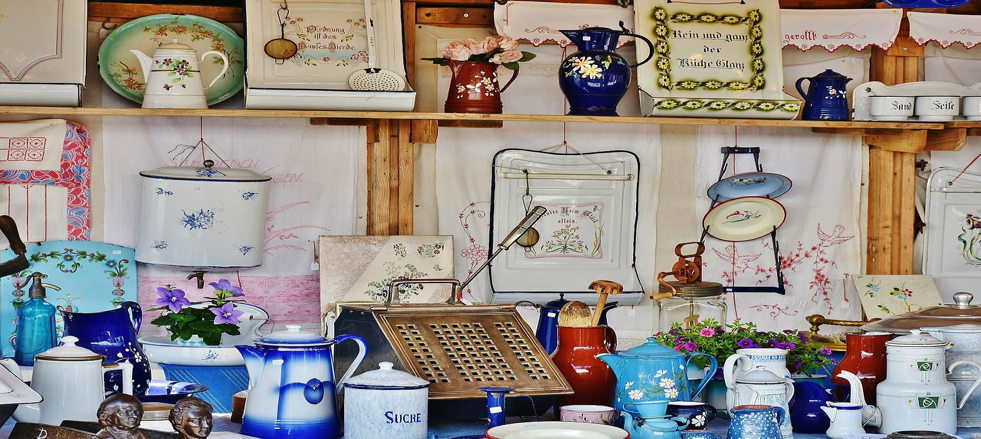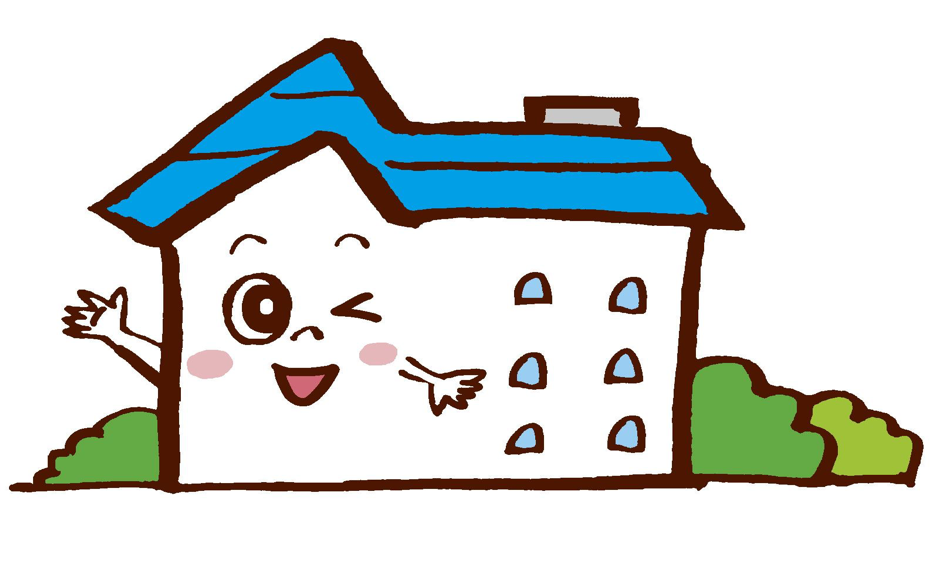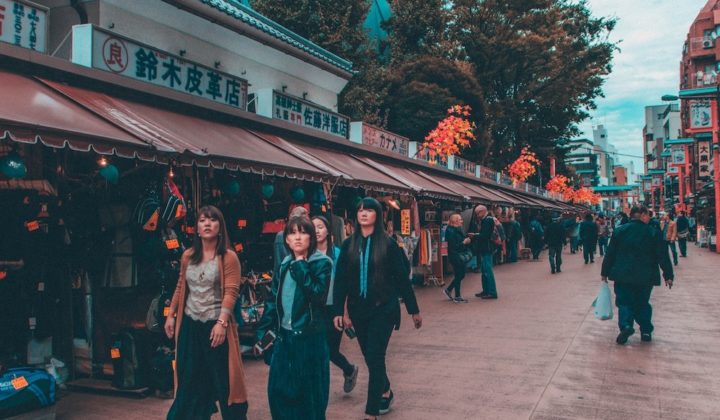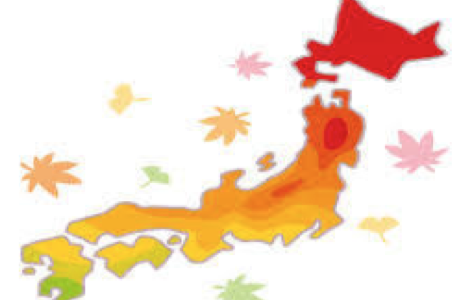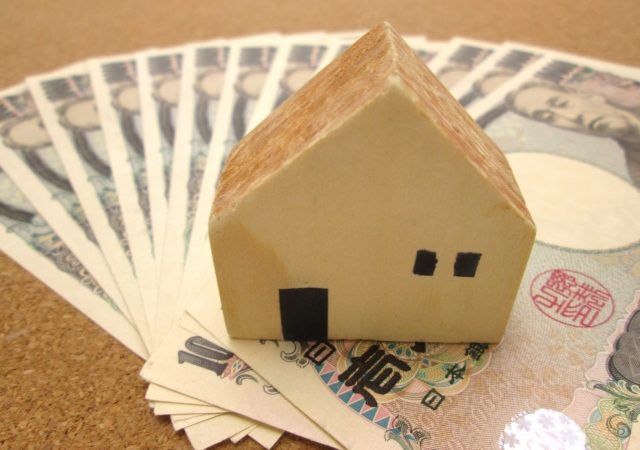Foreigner guest houses, or gaijinhouses as they are sometimes called, are very convenient rooms where foreigners can stay long-term in Japan. Even as a homeowner, there are moments I strongly feel the need to live inside a gaijinhouse again. Here are the reasons why life in a gaijinhouse might be the choice for you. If you are interested, check the links at the bottom of this page for a few examples.
1. The rent is reasonable, adjusted to the renting needs of a foreigner.
Costing from 45,000 – 100,000 yen, guest house rooms are lightly furnished. They ask for no guarantor. The initial fee is lowered a bit: system fee, deposit and bed set, as opposed to the 2 months. key money, 2 months. deposit, insurance fees etc. (taking as much as 6 months. worth of rent) that are required of renting a normal apartment. While the rooms are very small, with barely enough walking space around the bed, some are sufficiently given a very Japanese taste.
2. Common halls, shared toilets and shower rooms and kitchens are available to suit your daily needs.
You need not take after comedian Kasuga who once lived in a room with no shower and who cleaned himself with baby wipes, one sheet for the whole body per day. Some lower-priced apartments in Japan have no shower rooms, leaving the resident no other choice but to make use of public baths, costing from 500 to 2000 yen and which are often far from the station. Gaijinhouses usually have a number of shower stalls, completely equipped kitchens, a big refrigerator, microwave ovens, cooking tools and maybe utensils.
3. There are plenty of people to ask for advice about living in Japan.
One of the most persistent problems foreigners living in Japan experience is the lack of reliable advice that can be obtained about the simplest questions as you go about your daily life. In a guest house this problem is easily solved. Some guesthouses have Japanese residents who are glad to have the chance to practice their English. Sharing some information gives them a chance to practice their communication skills. Many Japanese look for language exchange partners which provide foreigners chances to learn Japanese for free. Then there are other senpai gaijin who have lived long enough in Japan to know their way around. There is also a manager of the guesthouse who expects to get asked for advice.
4. Just being with other foreigners is a relief living in a racially homogeneous society.
Living together with other foreigners who empathize with the tough episodes of living in a foreign country is good for keeping your sanity. More importantly, working hard to blend into a different culture and communicating daily in a different language can become stressful. Having someone to talk to in your language can relax those tired Japanese-speaking brain muscles.
5. Making friends is easy.
Depending on the atmosphere that the manager cultivates and also depending on the people living in the guesthouse, some common rooms are perpetually inhabited by easygoing souls who love to chat. If you did not like communicating so much you would only need stay in your room. I particularly miss being able to start a light conversation for no reason, an atmosphere which is not found easily in Japan.
6. Bulletin boards for information exchange
usually hanging in front entrances have some leaflets or messages that other inhabitants are kind enough to want to share with other people.
7. You can get free useful items, secondhand that other foreigners leave behind
when going back to their home country or moving. Most people would have no need to take home those chairs and shelves, maybe a fan or cushions they used while living in Japan.
8. Some guesthouses arrange parties or gatherings for certain events.
Free movie nights with a projector or fireworks-watching on the house rooftop floor, and cherry-blossom viewing are some of the events to participate in to experience some culture.
9. The neighborhood naturally becomes more gaijin-friendly
as convenience store staff and restaurant waiters become used to foreigner customers coming regularly. Some sales staff are experienced enough to suggest foreigner-friendly or English-friendly items when shopping, which saves you the trouble of gesturing and searching your brain to explain what you want with your limited Japanese vocabulary.
10. As a fun perk, living in a guesthouse gives you a small chance to be on a TV show!
Japanese TV is recently trending a barrage of variety shows featuring foreigners living or touring in Japan and one logical place these shows look for interviewees is a guesthouse. I, personally, have been interviewed twice, although that did not necessarily lead me to fame or popularity.
Of course living in a guesthouse can have many disadvantages. If you prefer living in a quiet environment or if you would rather experience Japanese culture up close then a guesthouse is not for you. Some find it easy to fall into the trap of spending years in Japan without learning the language because of the over-convenient environment. But if you are ready to scratch that unbearably quiet apartment to look for a more lively sleeping place then look up gaijinhouse or guesthouse on the internet. You never know what exciting experiences are waiting for you.
Guesthouses around Tokyo and one in Osaka:
http://www.tokyo-information.com
http://www.e-guesthouse.com/eng/
http://www.ne.jp/asahi/information/tokyo/g_house.htm
http://www.o-e-h.com/topE/index.html
Tricia / PHILIPPINES

